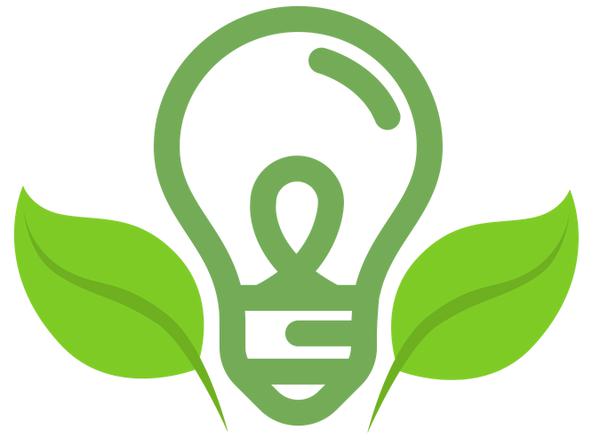
Ketchikan relies on hydroelectric power for almost all of our energy needs. When hydropower is unavailable, such as during an extended drought, we use diesel generation to supplement our electric demand. The cost of diesel generation is shared by all electric customers, KPU and the City. Visit our Diesel Generation page for more information.
The challenge of running diesel generators is that our electric generation is severely limited-- during peak hours of the day we are generating almost the same amount of electricity as our customers are using. This puts us in a precarious position, as any failures in our generators could result in area-wide black outs.
We encourage all of our customers, businesses and residential, to do their part to conserve electricity. Save money and help our community stay powered!
Tips for Energy Conservation in Southeast Alaska:
- Get rid of Air Leaks – Seal/Insulate Heating Ducts to save up to 20% annually. Apply Caulking/Weatherstripping to seal gaps around windows and doors. Weatherizing Your Home Prevents Energy Loss I Smart Insulating Tips
- Change Light Bulbs to LED –Compact fluorescent bulbs used less energy than old incandescent bulbs, but LED lights use even less power. LEDs use 75% less energy per bulb than incandescent and last 25 times longer. LED lights use10% to 50% less power than CFL bulbs and last double the life of CFLs. Virtually all lights can now be converted to LED. All about LED lighting
- Unplug Gadgets- Game systems, TVs, computers, and appliances all use energy even when not active. In the average home 75% of appliance’s electricity is consumed when the appliances and devices are “off”. This is known as “vampire energy or phantom power.” Stand-by power like this can be 10% of home electricity costs. Use power strips with switches to easily turn off multiple devices at once. Idle Appliances Cost You Money
- Check Your Water Heater– Reduce the temp to 120 F from the default setting of 140 F & wrap the heater with insulation. Doing this, you can save up to 15% annually on your costs. Check for leaks. Turn the water heater off when on vacation. Older models of water heaters are less energy efficient-- if your water heater is more than 12 years old you may want to consider replacing it with a newer model. Water heaters have labels that indicate their electrical consumption, and you can use these to choose the most efficient model. Efficient Water Heater Pointers
- Reduce Thermostat – keep at 68F or below and turn off when you are not home. Turn the heat down at night! It takes less energy to warm up a cold room than it does to maintain a constant temperature all night. Programmable Thermostats Conserve Electricity
- Rethink Space Heaters – Use sparingly! A single space heater uses 16 cents worth of power per hour, or $115 per month – even before a diesel surcharge is added. Only run the heater when you need it and unplug when you do not. Do not let it run all night when you are sleeping, or all day if you are not home.
- Wash Intelligently - Use cold water options – heating the water consumes 90% energy when washing clothes. Use a drying rack or laundry lines to dry clothes if you can. Wash a full load instead of several partial loads.
- Turn off the lights! – Don’t leave lights on when you don’t need them. Leave a room, flip off the light. Use outside light from your windows instead of turning on a light. Removing some bulbs from overhead lighting can also save energy. Energy Conscious Behaviors
